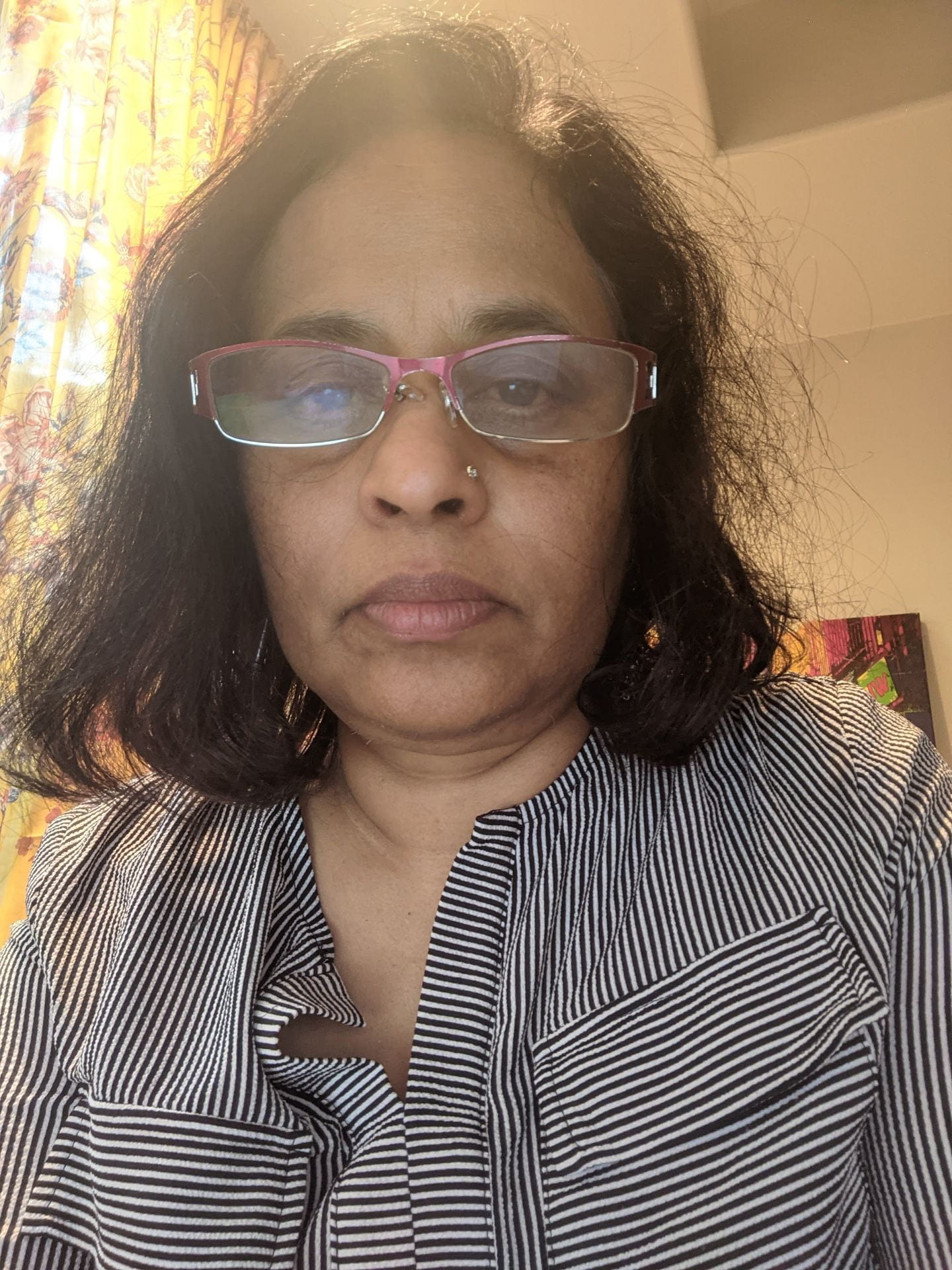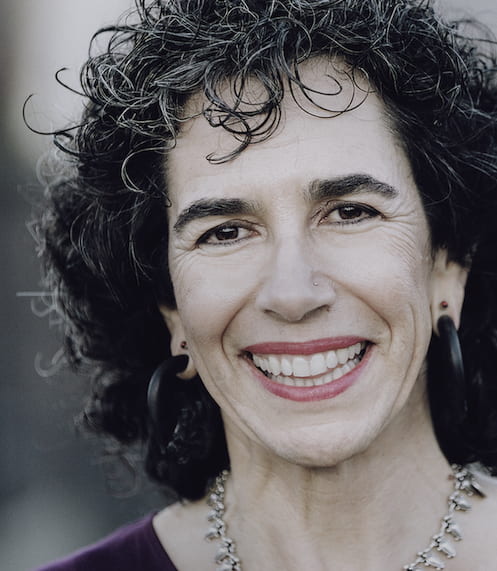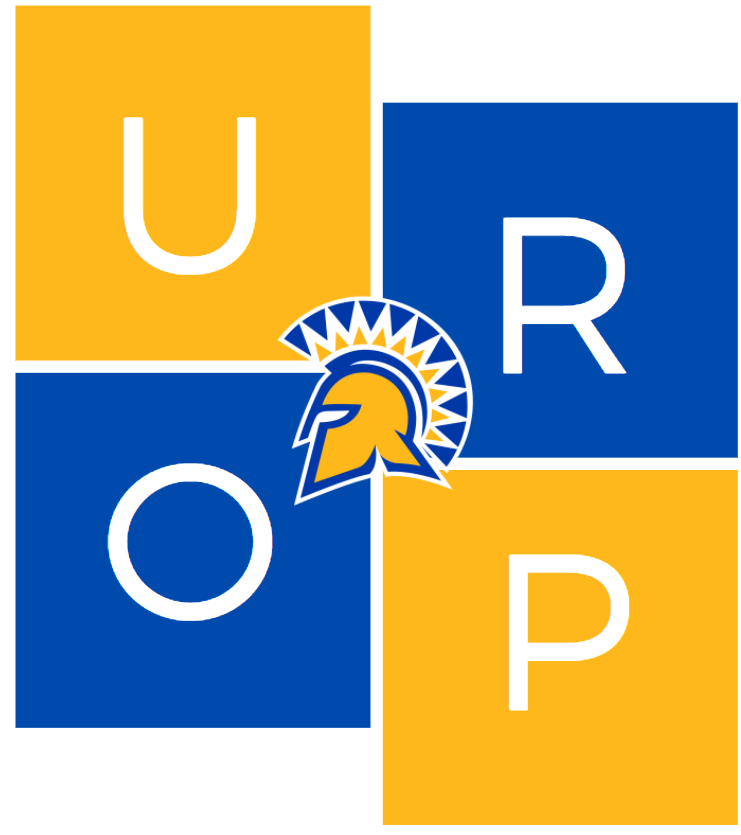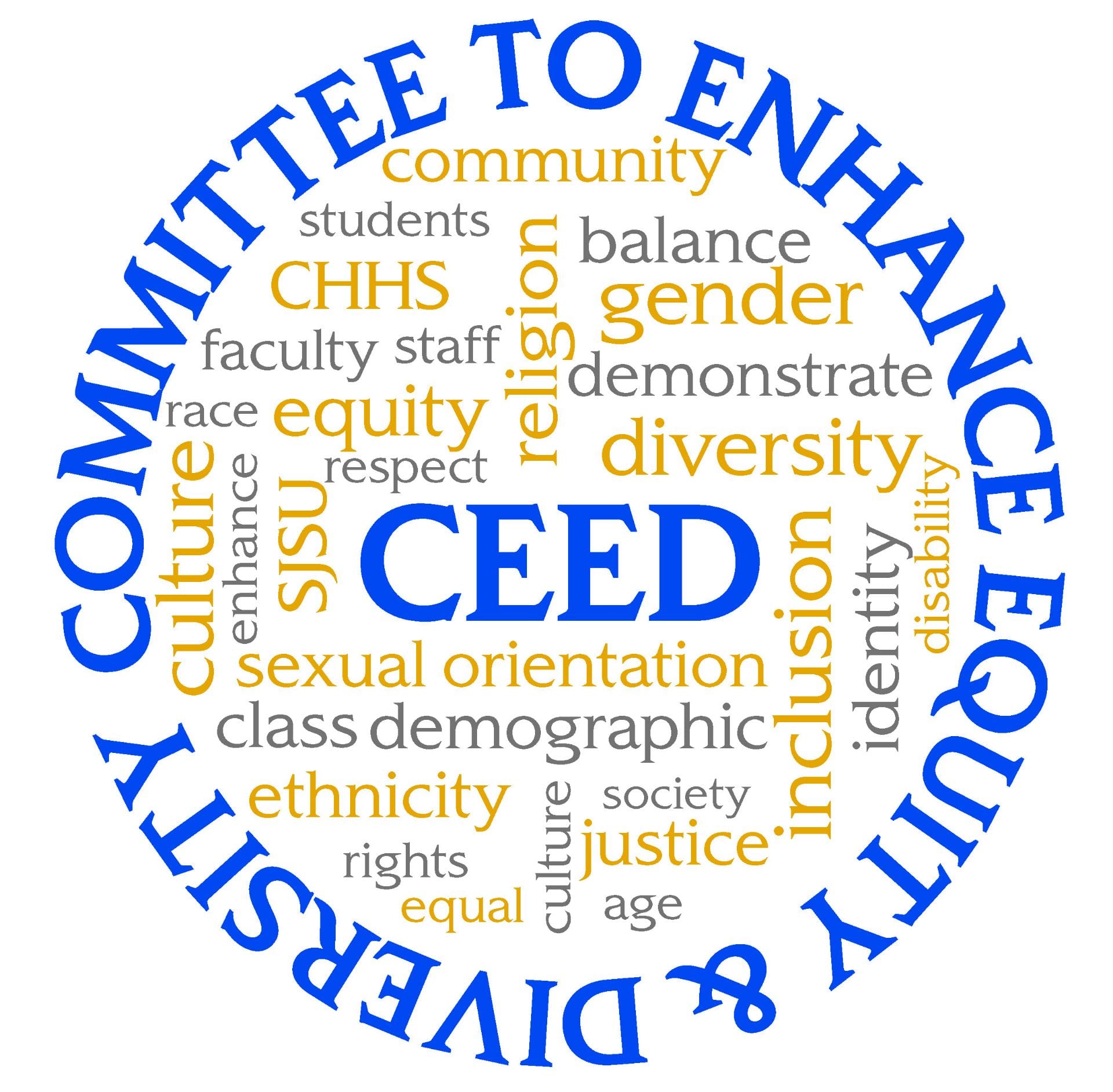 Dr. Asha Thomas – School of Social Work
Dr. Asha Thomas – School of Social Work
What is your role in your department/school?
I am the School Coordinator, Undergraduate and Graduate On-Campus advisor at the School of Social Work
What would you identify as one of the most significant actions you have taken to advance the cause for diversity either in the classroom, your community or your profession?
I believe that my strongest and salient contribution to diversity in my profession occurred when I, as a faculty member in a mid-western university, led a group of graduate students to study and work in India. Most of my graduate students participating in the program had not lived or worked in a developing nation. The primary challenge for the participants was to negotiate cultural differences and barriers. The program also required them to do intense field work in community settings. During the earlier phases of the program, students relied on my help to interpret the complex and unfamiliar Indian culture. The discomfort and vulnerability created by the unfamiliar provided a golden opportunity for the group to reflect on complex issues related to race, LGBTQ rights, economic oppression, political participation etc. Students were able to discuss issues of social justice and marginalization within a comparative framework – India and the US. I introduced both experiential learning and course-readings on LGBTQ rights, race and housing rights, and the fight for wage equality. Student have provided strong feedback about the inclusiveness of the program and the rich learnings about Indian culture, social structure and politics. In fact, this year I was asked to lead the program again.
How have you integrated topics of DEI into hiring new faculty and/or admitting students?
The School of Social work pays close and careful attention to topics of DEI in our admission process. Prospective applicants are introduced to our Transcultural Perspective during the admission’s informational session. Videos and other material on the TCP are available on the admissions page. Applicants are asked to reflect on various aspects of the TCP in their personal statement.
During the admission review process, the admission committee evaluates the applicants’ responses to the salient aspects of the TCP framework. The TCP emphasizes the importance of culture in social work at all levels of practice; understanding dynamics of power, privilege, and oppression; maintaining an awareness of one’s own cultural perspectives, values, and beliefs; and demonstrating respect in interactions within, among, and between systems. Specifically, the Committee reads for the applicant’s understanding and experiences with diversity and cultural humility in all areas pertaining to social work practice.
Tell us about how you and why you became attentive to DEI topics. What prompted this change in your department/school? What did the process look like?
This is an interesting question because my response to this might sound cliched. I grew up in India—that sentence right there answers the how and why. The theoretical lens to understand issues of DEI came during my social work training in India (although we never quite used this term—at that time it was oppression and social justice). Our curriculum was strongly focused on Marxism and social justice. The ability to work on the topic during decades long practice with some of the most marginalized communities in India. The work was intense, hard and demanded considerable grit and patience. This led to a doctoral dissertation focused on social movements, the Indian state and tribal rights.
What support did you need to make it happen? Did you draw on existing resources or examples that were helpful in guiding your change?
I have relied on the support of my colleagues and mentors in this work. Most of my experiences were based on a political rights /community approach to social work. In the US, particularly teaching social work was challenging, and the learning curve was steep. Here the focus is more on individual aspects of identity, and social work tends to focus on what we call micro or mezzo systems. In the School of Social Work, we have strong leadership and commitment to DEI related work.
Tell us one book, one article, one documentary, or once movie you’ve read or watched that you would like to suggest to others that helped shape your thinking about DEI work.
I am not sure if I can call it a DEI book, but a book that shaped my understanding of Civil Rights (and the fight for political inclusion) in the US is “Poor People’s Movements: Why they Succeed and How they Fail” by Piven and Cloward. This book helped me understand the immense potential of community action and organizing to bring about change. It is also a valuable account of the welfare rights movement in the US. Yet, it also cautions the social worker that real change is hard to win and sustain. Clearly, a valuable lesson for everyone that is working in the frontlines of DEI.






